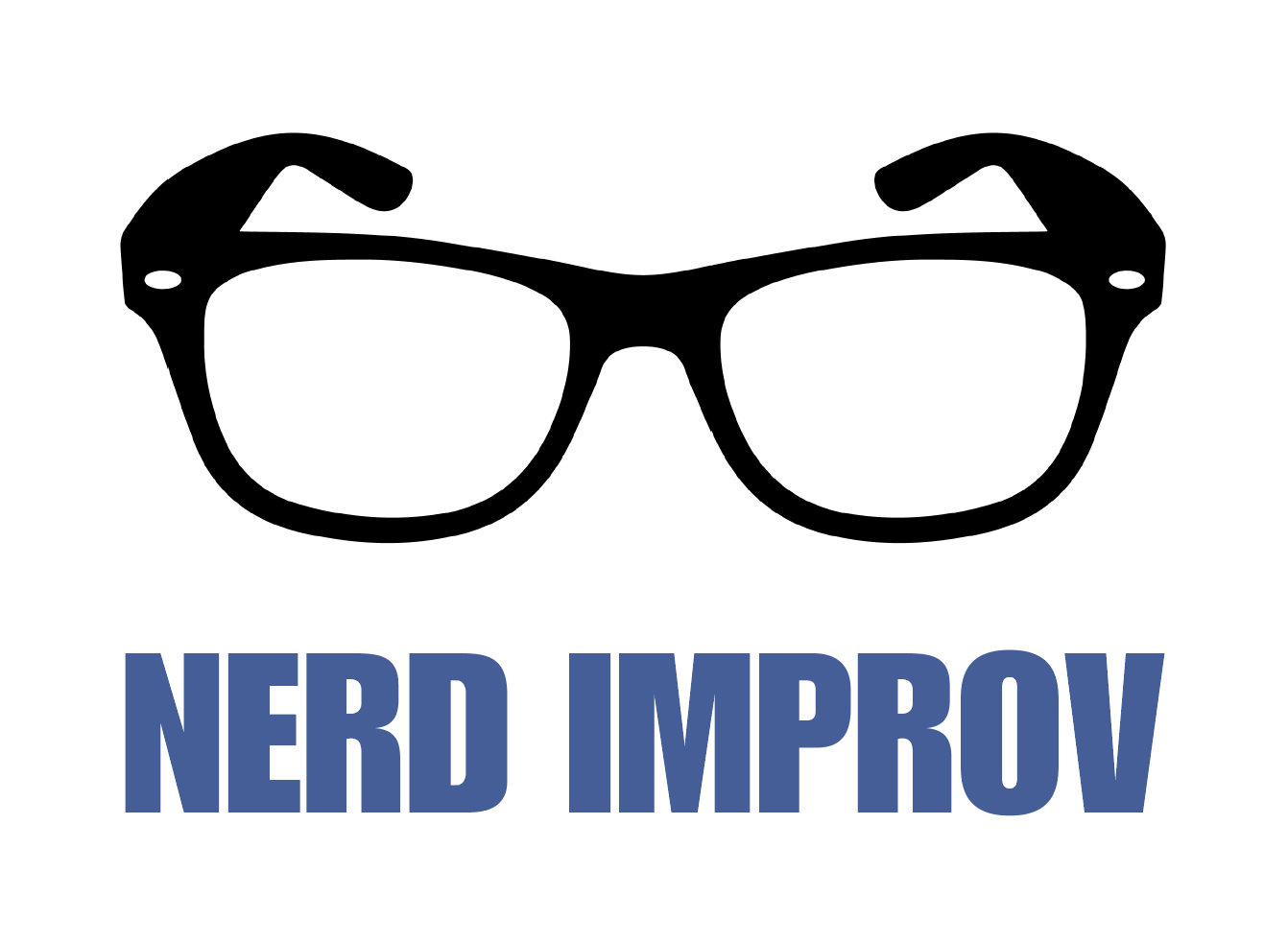Second City teaches workplace skills through comedy improv
New York Post [June, 2011]
Anyone who has performed or given a speech on stage knows the feeling. It’s a rush. You confront your nerves. You put yourself out there in front of people you’ve never met before. And while a speech or a play is scripted, improvisers get on stage with no idea what direction their scene will go. It’s vulnerable, to say the least. The process is also a tremendous teacher. There is so much to learn from improv - the act of connecting with others simply by committing to the present moment.
Nerd Improv has a simple vision - to share the teachings and benefits of improv with people that might not experience improv otherwise. What can corporate teams and karate youth alike learn from unscripted performance? From the process ofl “play”? The very same skills that we use on stage are tools that can be used to communicate more effectively, strengthen relationships with colleagues, or take bigger risks on the karate floor. Seasoned improvisers make it look easy, but it comes with years of practice.
So how does Nerd Improv run its workshops to help participants get a taste of everything improv? It’s an art that we’ve developed over 5+ years - a curriculum that has evolved more times than Madonna changes her outfit in a concert. To start, we throw away the idea that corporate training needs to be sterile and controlled with one person giving a presentation. Less seminar, more interactivity. The best way to learn something is through experience, not through a presentation! And while we do set the stage at the beginning of each workshop, to help participants connect the dots between improv and whatever it is that they do, the entirety of our workshops are done through activities so that people can feel improv in their bones. We offer a short reflection after each activity to say hey, how does this relate to life back in the office?
From the second people write down their name tags, we use laughter and play to disarm our participants and create a safe environment for people to try something new. To make “mistakes”, and to learn from them. To see your boss making the same silly face that Karen from Accounting is making. To see boss lady make a “mistake” the same way that Karen makes one, and for both of them to learn to laugh at themselves.
As the article puts it, “You interact as equals, not as a hierarchy with roles, and afterwards you see that person as a human being, not as a boss or employee. As a result, a lot of goodwill comes from these exercises.”
Great article. Thanks to the New York Post for helping showcase the power of improv as early as 2011, before improv was cool! We are forever grateful for our improv elders, folks like Second City, for paving the way so that improv can be seen as a discipline and an art rather than a hobby.
